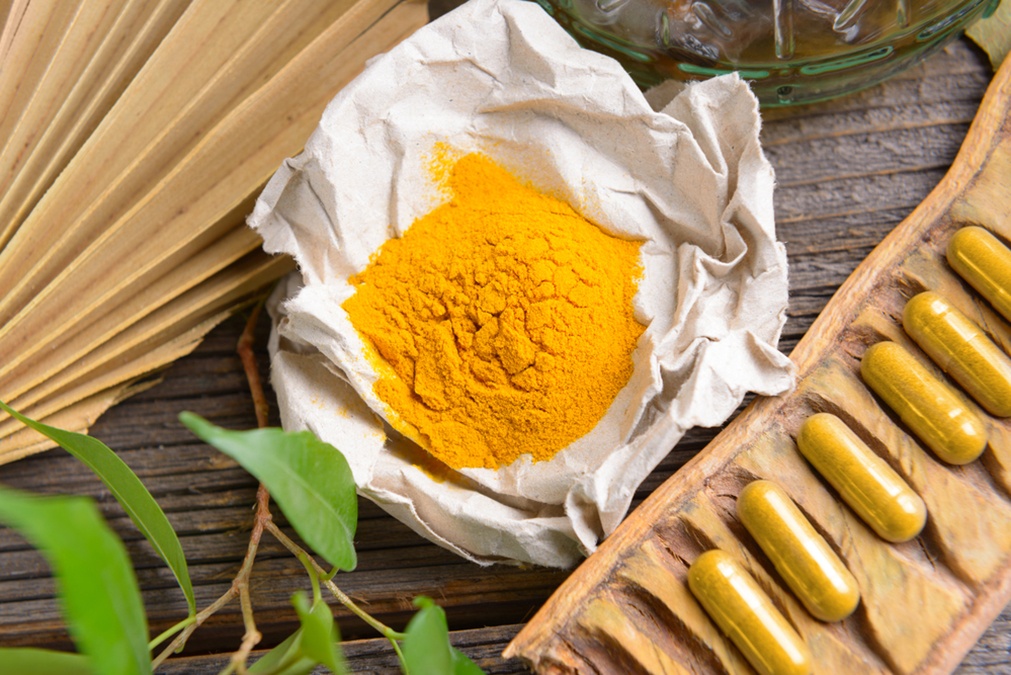 In a recent study, it was found that a natural spice beat one of the leading arthritis drugs on the market in pain and swelling reduction as well as limb function.
In a recent study, it was found that a natural spice beat one of the leading arthritis drugs on the market in pain and swelling reduction as well as limb function.
In addition, you can add it to smoothies, salads, soups, vegetable stews, pizzas, pasta, and almost any other dish.
The best part is, it seems to work for all types of arthritis and has absolutely no side effects.
Scientists have long suspected that curcumin could relieve arthritis pain and halt the progression of disease in rats and mice, but it is only in the last few years that they began to seriously test it on human beings.
From these tests, two studies are especially encouraging.
For osteoarthritis sufferers, Canadian scholars demonstrated in the journal Alternative Medicine Review that curcumin could relieve arthritis pain, reduce inflammation, and improve limb function.
They divided a hundred participants into two groups. One received what they considered the best arthritis treatment available, while the other received the same treatment together with a curcumin supplement. The study continued for eight months so the researchers could also verify that the supplement was safe for long-term use.
By the end of the experiment, the curcumin supplement group was found to have much better limb function, walking ability, and everyday activity performance than the control group. They were also found to have considerably less inflammation and pain.
Two years later, the Phytotherapy Research published a study that compared a curcumin supplement with the non-steroidal anti-inflammatory diclofenac sodium (brand name Voltaren).
All 45 of their subjects were all suffering from active rheumatoid arthritis. They divided them into three groups. The first received a curcumin supplement, while the second received diclofenac sodium, and the third received a combination of the two.
By the end of the study, the curcumin groups had improved substantially more than the diclofenac sodium group. Their pain and swelling had reduced significantly, and their limb functions had improved.
The only problem with food-sourced curcumin is that the human body does not absorb it very well. Curcumin powder alone contains enough curcumin, but your body probably won’t absorb enough of it, unless you cram at least three grams per day down your throat. Curry powder does not contain enough curcumin to let your body enjoy these beneficial effects in any capacity.
That leaves curcumin supplements. Both these studies used special bioavailable supplements. These are now becoming commercially available, but you must read the label to confirm that the manufacturer has taken care to make it bioavailable.
I highly recommend buying it in a respectable health food store, even if it costs a little more.

 Overcoming IBD
Overcoming IBD Multiple Sclerosis
Multiple Sclerosis Banishing Bronchitis
Banishing Bronchitis Gum Disease Gone
Gum Disease Gone Overcoming Onychomycosis
Overcoming Onychomycosis Neuropathy No More
Neuropathy No More The Prostate Protocol
The Prostate Protocol Brain Booster
Brain Booster
 Ironbound
Ironbound
 Solution for Shingles
Solution for Shingles
 The Bone Density Solution
The Bone Density Solution
 The Ultimate Healing Protocol
The Ultimate Healing Protocol
 The Parkinson's Protocol
The Parkinson's Protocol
 The Chronic Kidney Disease Solution
The Chronic Kidney Disease Solution
 Overthrowing Anxiety
Overthrowing Anxiety The Fatty Liver Solution
The Fatty Liver Solution The Hypothyroidism Solution
The Hypothyroidism Solution
 The End of Gout
The End of Gout The Blood Pressure Program
The Blood Pressure Program
 The Oxigized Cholesterol Strategy
The Oxigized Cholesterol Strategy
 Stop Snoring And Sleep Apnea Program
Stop Snoring And Sleep Apnea Program
 The Arthritis Strategy
The Arthritis Strategy The Vertigo & Dizziness Program
The Vertigo & Dizziness Program The 3-Step Diabetes Strategy
The 3-Step Diabetes Strategy Hemorrhoids Healing Protocol
Hemorrhoids Healing Protocol The Erectile Dysfunction Master
The Erectile Dysfunction Master Weight Loss Breeze
Weight Loss Breeze The IBS Program
The IBS Program The Insomnia Program
The Insomnia Program The Migraine and Headache Program
The Migraine and Headache Program The Neck Pain Solution
The Neck Pain Solution The Menopause Solution
The Menopause Solution The Ejaculation Master
The Ejaculation Master The TMJ Solution
The TMJ Solution The Acid Reflux Solution
The Acid Reflux Solution The Fibromyalgia Solution
The Fibromyalgia Solution The Psoriasis Strategy
The Psoriasis Strategy